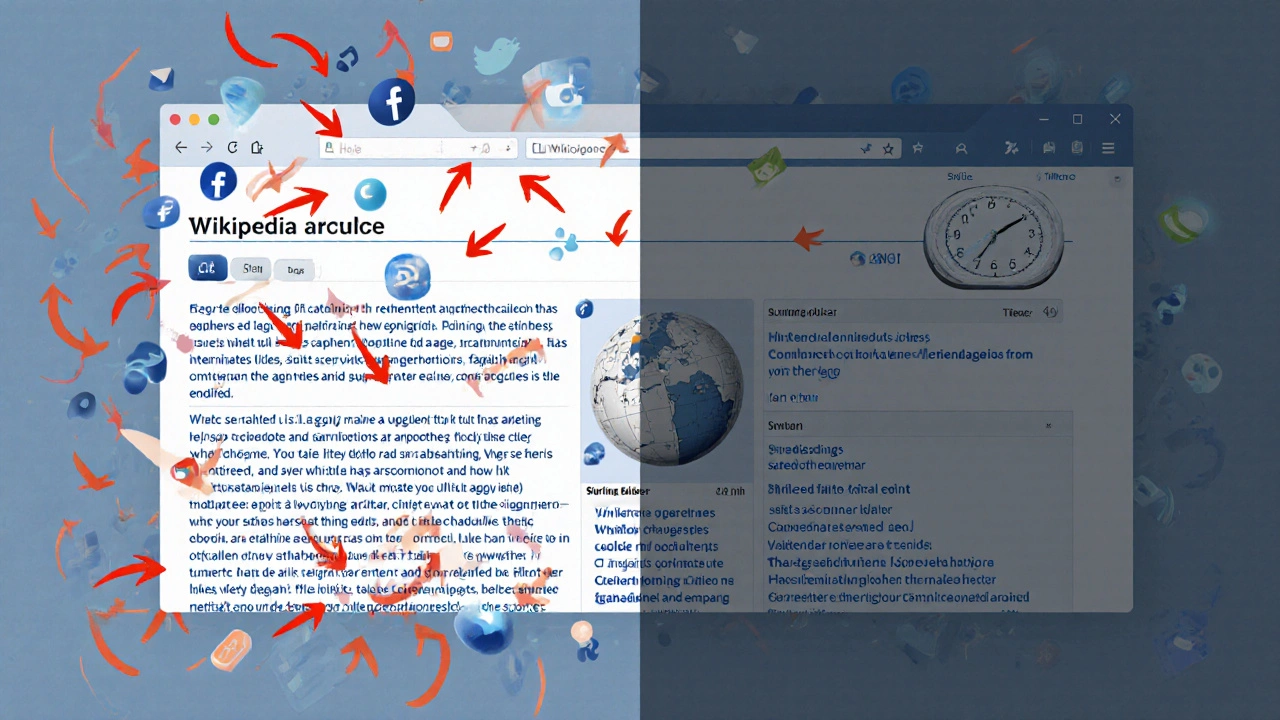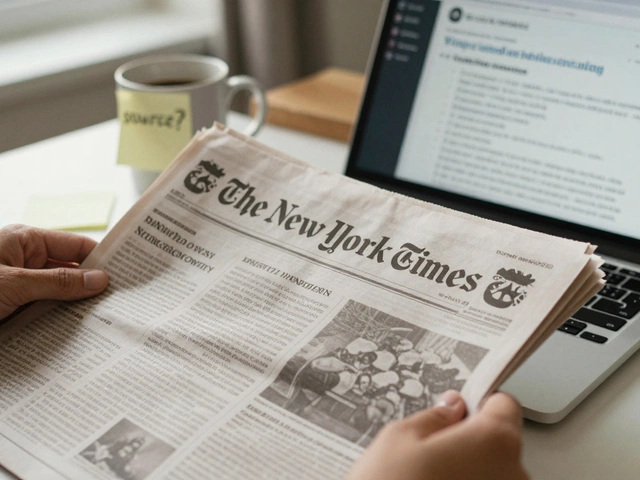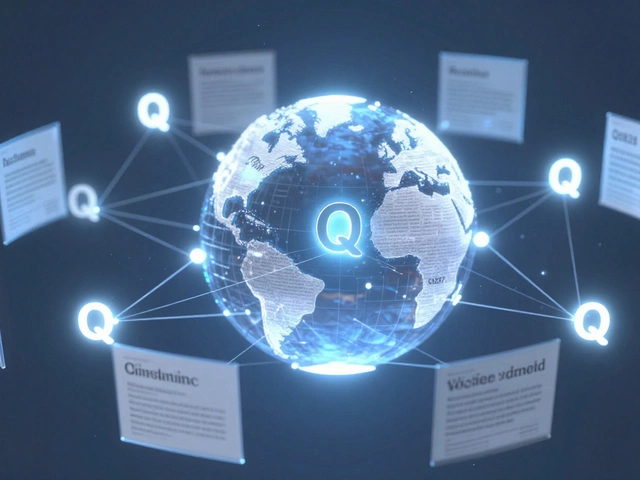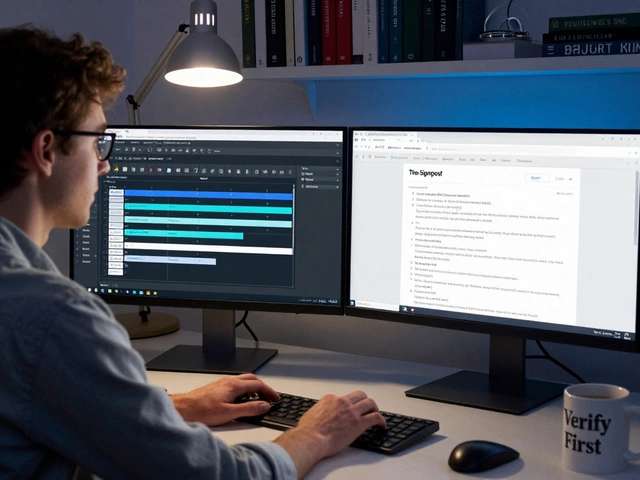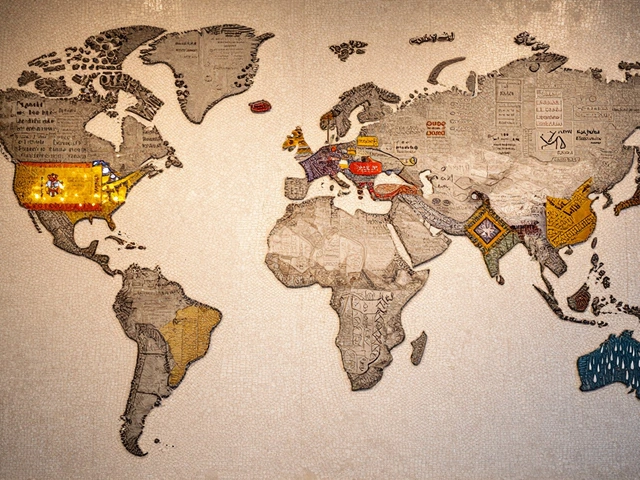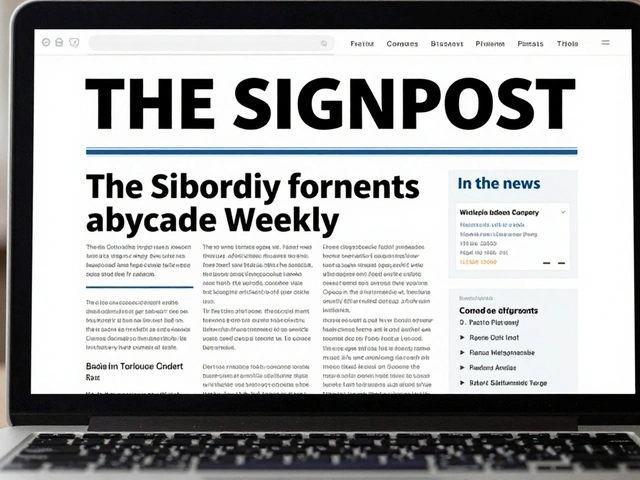Disputed News: How Wikipedia Handles Controversial Stories and Editorial Conflicts
When a breaking story sparks outrage, confusion, or competing claims, disputed news, news stories that lack consensus among reliable sources and trigger intense debate among Wikipedia editors. Also known as content disputes, it becomes a battleground not for opinion, but for evidence. Unlike mainstream outlets that chase clicks, Wikipedia has one rule: if it’s not verifiable, it doesn’t belong. But what happens when two credible sources say opposite things? That’s where the real work begins.
Disputed news doesn’t just appear—it grows. A trending event, a political scandal, a scientific claim gone viral. Editors jump in. Some bring peer-reviewed journals. Others cite official statements. A few rely on blogs or social media, which get quickly challenged. The conflict isn’t about being right—it’s about what counts as proof. Wikipedia neutrality, the policy requiring articles to fairly represent all significant viewpoints based on reliable sources isn’t a suggestion. It’s the backbone. And when neutrality is called into question, that’s when reliable sources, third-party publications with editorial oversight that are trusted for fact-checking and verification on Wikipedia become the final judges. A tweet doesn’t cut it. A press release from a biased organization? Only if it’s balanced by others. A study published in a journal with no peer review? Probably not. The system isn’t perfect, but it’s designed to slow things down so truth doesn’t get buried under noise.
Behind every disputed article is a quiet war of edits, talk page arguments, and sometimes, formal mediation. Volunteers don’t get paid to sort this out. They do it because they believe knowledge should be open, but also accurate. And when things get too heated, editor conflicts, disagreements among Wikipedia contributors that escalate into editing wars, block requests, or arbitration cases can trigger official reviews. ArbCom steps in. WikiProjects weigh in. The article gets protected. The community debates for days. And slowly, with citations and counter-citations, a version emerges that reflects the weight of evidence—not the loudest voice.
You won’t find this drama on the front page of a newspaper. But it’s happening right now on thousands of Wikipedia articles. From election results to climate data to medical claims, disputed news is where the real quality control happens. The posts below show how this works in practice: how editors fight for balance, how sources are vetted under pressure, and how even the most chaotic stories eventually settle into something trustworthy. You’ll see how the system handles real-world messiness—not with algorithms, but with people who care enough to argue about it.
How to Use Wikipedia Talk Pages to Fix Disputed News Content
Learn how Wikipedia talk pages help editors resolve disputed news content through source-based discussion, collaboration, and policy-driven consensus-without bias or rumor.
